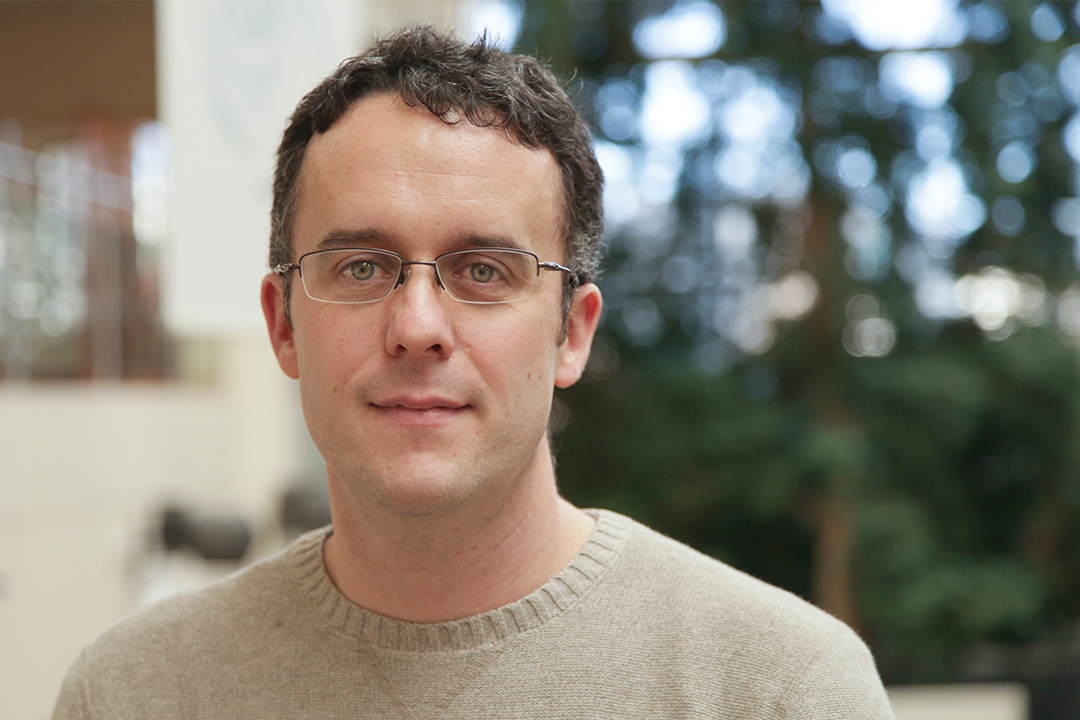
U of S scientist awarded CFI funding to help protect wildlife
SASKATOON ̶ University of Saskatchewan (U of S) wildlife biologist Jeffrey Lane spends a lot of time in the vast laboratory of the great outdoors studying animals in their habitat.
Thanks to a $260,250 Canada Foundation for Innovation (CFI) award announced today by federal Science Minister Kirsty Duncan, Lane will now be able equip a mobile laboratory with the instruments needed to learn how animals in their natural settings store and use energy.
With the new instruments, he will be able to measure animal fat, lean mass and metabolism— information that could lead to new wildlife management strategies that will help protect threatened species.
“This investment enables exceptional researchers like Jeffrey Lane to conduct leading-edge research by giving them the tools and equipment they need to become leaders in their fields,” said Karen Chad, U of S vice-president research. “This award also recognizes the value of collaboration because biologists at the U of S and other Prairie universities will have access to this lab.”
The CFI John R. Evans Leaders Fund national competition awards funding to researchers who are “engaged in or embarking upon research/technology development that is original, internationally competitive and of high quality.”
Lane notes that as the environment changes with climate change, so does the quantity of food and thus the energy available for animals.
“Energy is the fundamental currency in nature,” he said.
For example, if food is scarce, animals may have little energy and be forced to use it on surviving, rather than on reproducing, which can threaten their population as a whole. Lane’s research interests include discovering how species such as winter-active red squirrels, hibernating ground squirrels and prairie dogs have been influenced by human impacts such as climate change and pollution.
He will also study the plague, the 14th century “Black Death” that remains a threat to wildlife such as prairie dog populations throughout the continent. Treatable with antibiotics, plague is usually not lethal anymore to humans in developed countries, but Lane said his research could help minimize possible human infection and the loss of prairie dogs in Canada.
Lane will team up with U of S biology professor Christy Morrissey, director of the U of S Facility for Applied Avian Research, to study the effects of pollution and climate change on birds. He will also use the mobile lab in collaboration with University of Winnipeg biologist Craig Willis to study the emergence of a mysterious disease—white nose syndrome—that is decimating bats in North America.
The CFI provides up to 40 per cent funding to researchers for tools and infrastructure, while the remaining funding will be sought from other private and public sources.
- 30 -
For more information, contact:
Jennifer Thoma
Media Relations Specialist
University of Saskatchewan
306-966-1851
Jeffrey Lane
Assistant Professor
Department of Biology
University of Saskatchewan
306-966-4475
jeffrey.lane@usask.ca

